The Bible & Political Philosophy
Explore the political teaching of the Book of Genesis.
Summer 2015
Washington, DC
In this brief survey, we will consider the thoughts of a number of canonical authors who wrestle with Biblical religion. Augustine offers us the City of God and the City of Man; Hobbes tries to combine the two cities; Tocqueville asks that we separate religion from democratic politics in order to save both; Nietzsche encourages us to let go of Biblical religion in order that man himself may be saved.
We will read these works with a view to moving in three directions at once: inward, with a view to the meaning of the ideas themselves; outward, to other ideas in the canon that offer different paths; and outward, again, to the world around us, in the hope that what we are reading illuminates that world.
Image: Detail from Hans Memling, The Passion of the Christ, ca. 1471
Joshua Mitchell lectures on Tocqueville
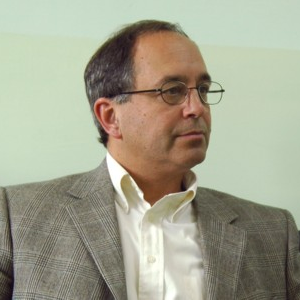
Joshua Mitchell is professor of political theory at Georgetown University. His research interest lies in the relationship between political thought and theology in the West.

Joshua Mitchell is professor of political theory at Georgetown University. His research interest lies in the relationship between political thought and theology in the West.
Readings:
Discussion Questions:
Readings:
Discussion Questions:
Readings:
Discussion Questions:
Readings:
Discussion Questions:
Readings:
Discussion Questions:
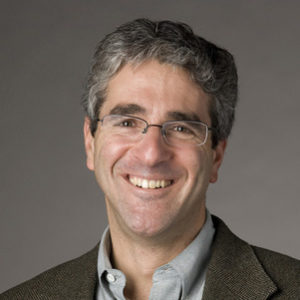
Laurence Cooper
Laurence Cooper is Professor of Political Science at Carleton College. Most of his research has addressed the question of human flourishing—what it is, how we can know what it is, what it requires from education and politics, and the risks that arise from misunderstanding it.
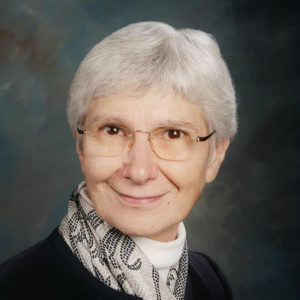
Amy A. Kass
Amy Apfel Kass (1940 – 2015) was a senior fellow at the Hudson Institute, Senior Lecturer Emerita in the humanities at the University of Chicago, and coeditor of What So Proudly We Hail: The American Soul in Story, Speech, and Song. She was an award-winning teacher of classic texts.
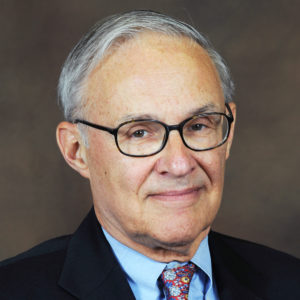
Leon R. Kass
Leon R. Kass, M.D., is the Addie Clark Harding Professor Emeritus in the Committee on Social Thought and the College at the University of Chicago and the Madden-Jewett Chair at AEI. He was the chairman of the President’s Council on Bioethics from 2001 to 2005. He has been engaged for more than 40 years with ethical and philosophical issues raised by biomedical advances and, more recently, with broader moral and cultural issues.
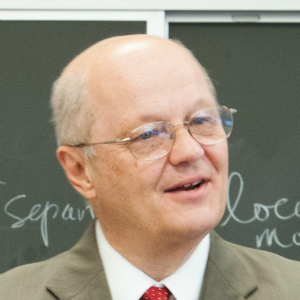
Robert Kraynak
Robert P. Kraynak is Professor of Political Science at Colgate University. He teaches courses in the fields of political philosophy and general education, including courses on American political thought, the history of Western political philosophy, natural law, religion and politics, and conservative political thought.
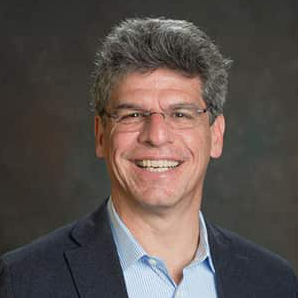
Jacob Howland
Jacob Howland is McFarlin Professor of Philosophy Emeritus at the University of Tulsa. He has written about Plato, Aristotle, Xenophon, Kierkegaard, the Talmud, the Holocaust, ideological tyranny, and other subjects. His most recent book is Glaucon’s Fate: History, Myth, and Character in Plato’s Republic.
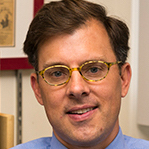
Flagg Taylor
Flagg Taylor is the Executive Director of the Center for Civics, Culture, & Society, at Miami University. His research specialty is in the history of political thought and American government, especially the question of executive power. He is Chair of the Academic Council of the Victims of Communism Memorial Foundation.

Ryan P. Hanley
Ryan Patrick Hanley is Professor of Political Science at Boston College. His research in the history of political philosophy focuses on the Enlightenment. He is the author of Our Great Purpose: Adam Smith on Living a Better Life and Love’s Enlightenment: Rethinking Charity in Modernity.
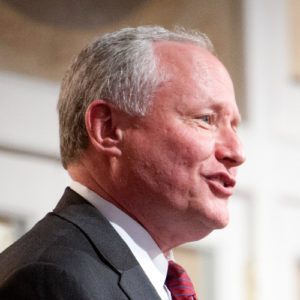
William Kristol
William Kristol is editor at large of The Weekly Standard, which, together with Fred Barnes and John Podhoretz, he founded in 1995. Mr. Kristol has served as chief of staff to the Vice President of the United States and to the Secretary of Education. Before coming to Washington in 1985, Kristol taught politics at the University of Pennsylvania and Harvard’s Kennedy School of Government.